Geckos are fascinating creatures with unique anatomical features that make them exceptional climbers and survivors. Among their most striking characteristics are their eyes, which are not only large and expressive but also highly specialized for their nocturnal lifestyle. However, these remarkable eyes can sometimes become irritated by foreign particles, necessitating careful cleaning techniques to maintain the health and comfort of your pet.
The eyes of a gecko are protected by a transparent scale called a spectacle or brille, which serves as a fixed eyelid. Unlike humans, geckos cannot blink to remove debris, making them more susceptible to irritation from dust, substrate particles, or shed skin. When foreign matter becomes trapped, it can lead to discomfort, inflammation, or even infection if left untreated. Recognizing the signs of eye irritation early is crucial for prompt and effective intervention.
Before attempting any cleaning procedure, it is essential to assess the situation calmly. A stressed gecko may resist handling, potentially causing further harm. Observe your gecko’s behavior for signs of distress, such as excessive rubbing against surfaces or keeping one eye closed. If the irritation appears severe or if there is discharge or swelling, consulting a veterinarian specializing in reptiles is the safest course of action.
For minor debris, a gentle approach is often sufficient. Begin by preparing a clean, damp cotton swab or soft cloth moistened with lukewarm saline solution. The saline should be isotonic to avoid further irritation. Hold your gecko securely but gently, ensuring minimal stress. With steady hands, lightly dab the affected area, moving from the inner corner of the eye outward. Avoid pressing too hard, as the spectacle is delicate and can be damaged.
In cases where the debris is stubborn or adhered to the spectacle, a more meticulous method may be required. Some reptile owners use a fine-tipped, sterile tool, such as a pair of tweezers, to carefully lift the particle away. This technique demands extreme caution, as any sudden movement could injure the eye. If you are uncertain about performing this procedure, seeking professional assistance is strongly advised.
Preventive measures play a significant role in reducing the likelihood of eye irritations. Maintaining a clean enclosure with appropriate substrate is paramount. Avoid using loose, dusty materials that can easily become airborne and settle on your gecko’s eyes. Regularly inspect the habitat for potential hazards, such as sharp edges or rough surfaces that could cause injury. Additionally, ensuring proper humidity levels helps facilitate smooth shedding, reducing the risk of skin fragments irritating the eyes.
Hydration is another critical factor in eye health. Geckos require adequate moisture to keep their spectacles clean and functional. Providing a shallow water dish and occasionally misting the enclosure can help maintain the necessary humidity. Some species, like crested geckos, may also benefit from occasional misting directly on their faces, allowing them to lick water droplets and naturally clean their eyes.
Understanding the natural behaviors of geckos can also aid in preventing eye issues. These creatures often use their tongues to moisten and clean their spectacles, much like other lizards. Observing this behavior can reassure owners that their pet is engaging in self-maintenance. However, if a gecko stops exhibiting this behavior or shows signs of persistent irritation, it may indicate an underlying problem requiring attention.
While home care can address minor issues, certain situations warrant professional intervention. Infections, corneal abrasions, or embedded foreign objects should never be treated without veterinary guidance. A reptile veterinarian can perform a thorough examination, prescribe appropriate medications, or even surgically remove problematic debris under controlled conditions. Delaying professional care can exacerbate the issue, leading to more severe complications.
Building a trusting relationship with your gecko makes routine health checks and necessary interventions less stressful for both of you. Regular, gentle handling helps your pet become accustomed to human interaction, making it easier to inspect and clean their eyes when needed. Patience and consistency are key, as geckos may initially resist but often become more cooperative over time.
Education is a powerful tool for any reptile owner. Familiarizing yourself with the specific needs of your gecko’s species can prevent many common health issues. Online forums, reputable care guides, and consultations with experienced breeders or veterinarians provide valuable insights into best practices for eye care and overall well-being.
In conclusion, while geckos are relatively low-maintenance pets, their unique eye structure requires special attention. By adopting a proactive approach—combining proper habitat maintenance, gentle cleaning techniques, and prompt veterinary care when needed—you can ensure your gecko’s eyes remain healthy and clear. The bond between owner and pet grows stronger when the animal’s health is prioritized, leading to a more fulfilling experience for both.
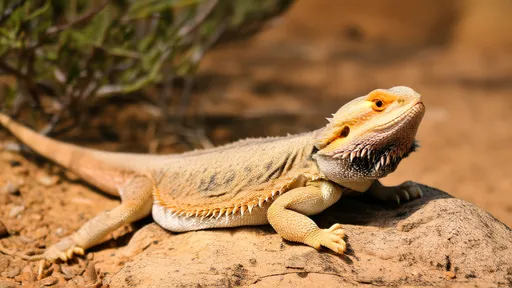
By /Jun 28, 2025

By /Jun 28, 2025
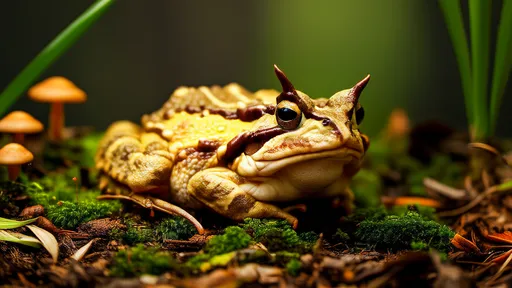
By /Jun 28, 2025

By /Jun 28, 2025
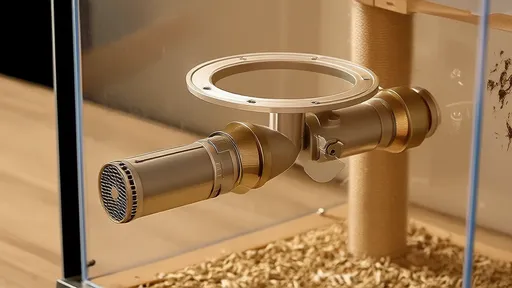
By /Jun 28, 2025
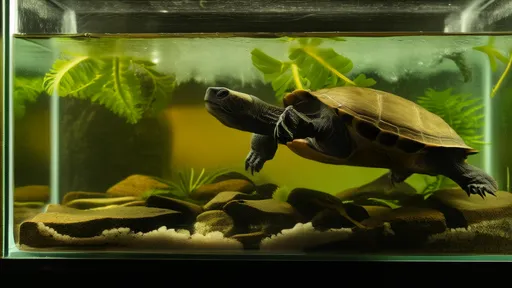
By /Jun 28, 2025
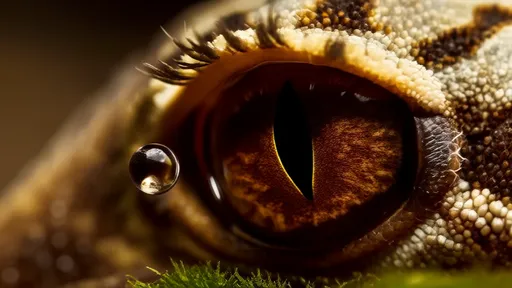
By /Jun 28, 2025
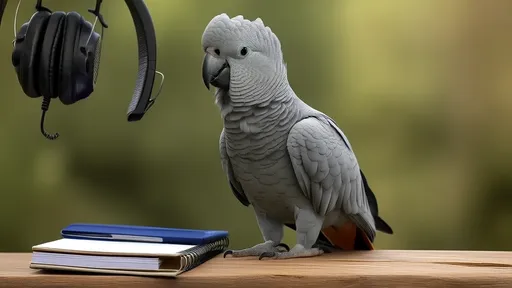
By /Jun 28, 2025

By /Jun 28, 2025
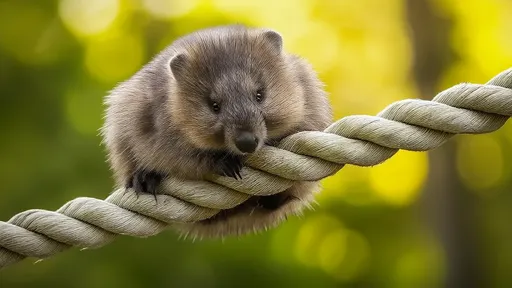
By /Jun 28, 2025

By /Jun 28, 2025
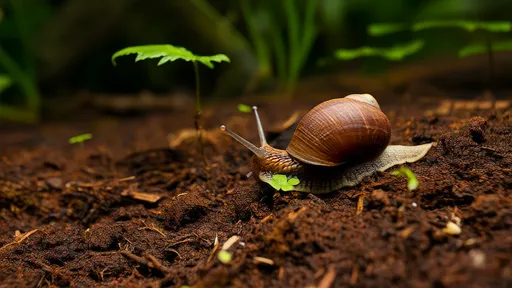
By /Jun 28, 2025
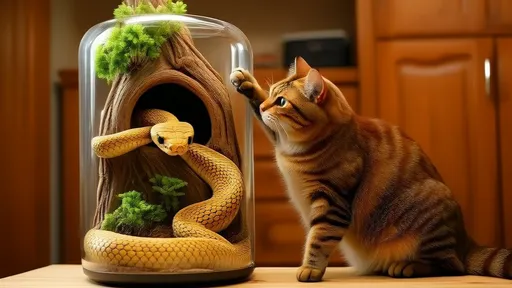
By /Jun 28, 2025

By /Jun 28, 2025
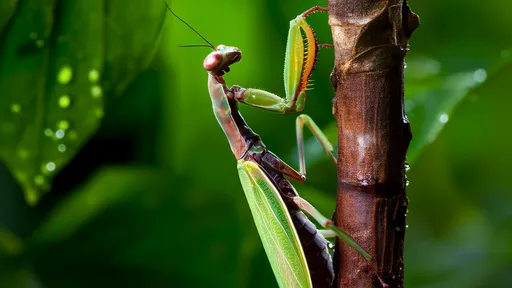
By /Jun 28, 2025
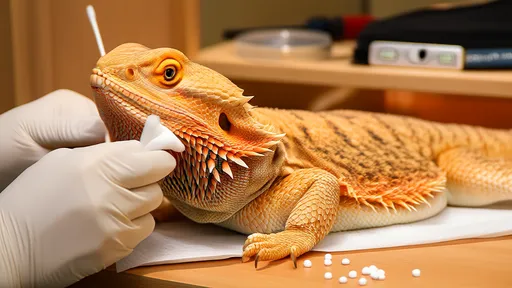
By /Jun 28, 2025

By /Jun 28, 2025